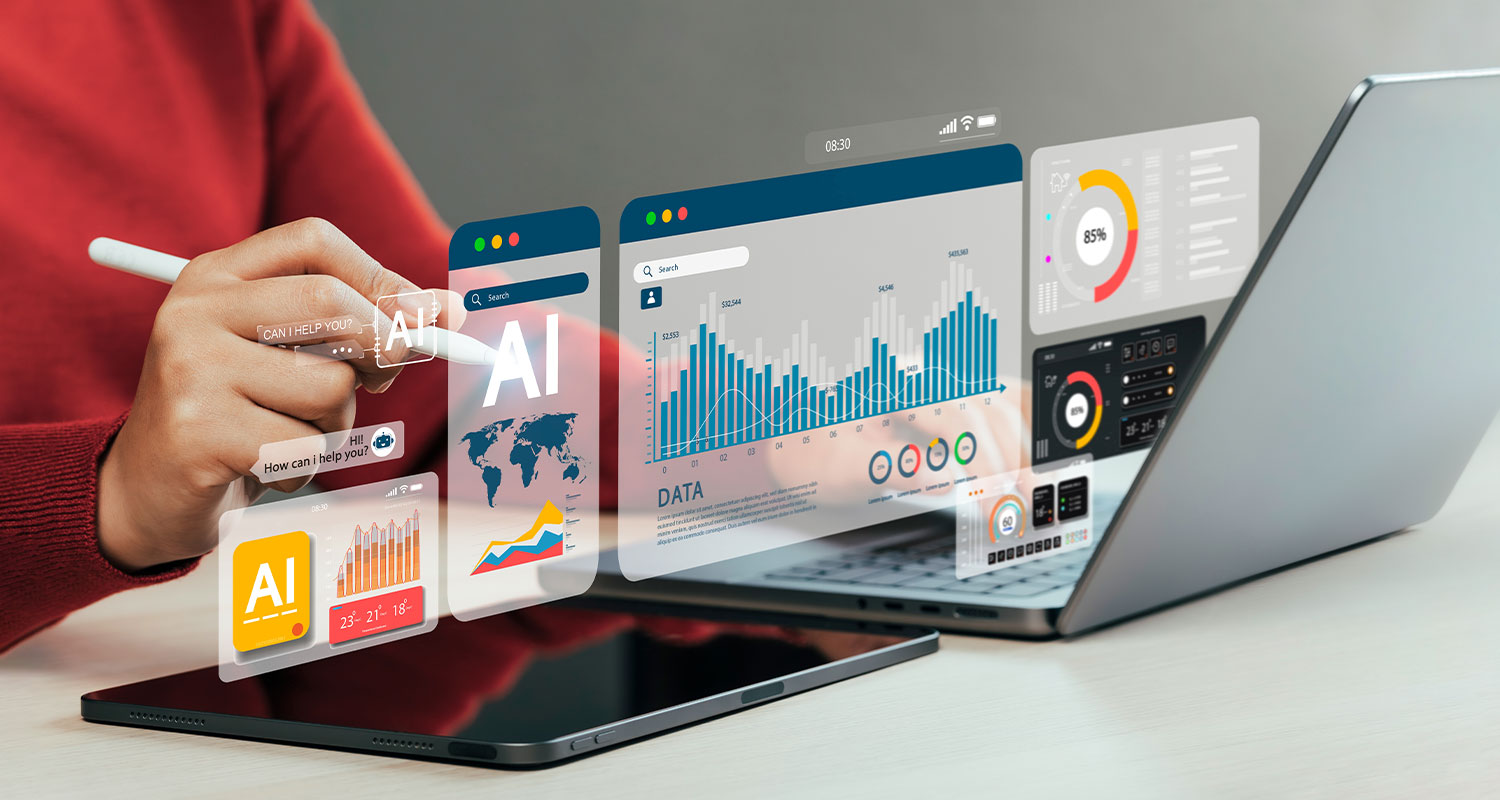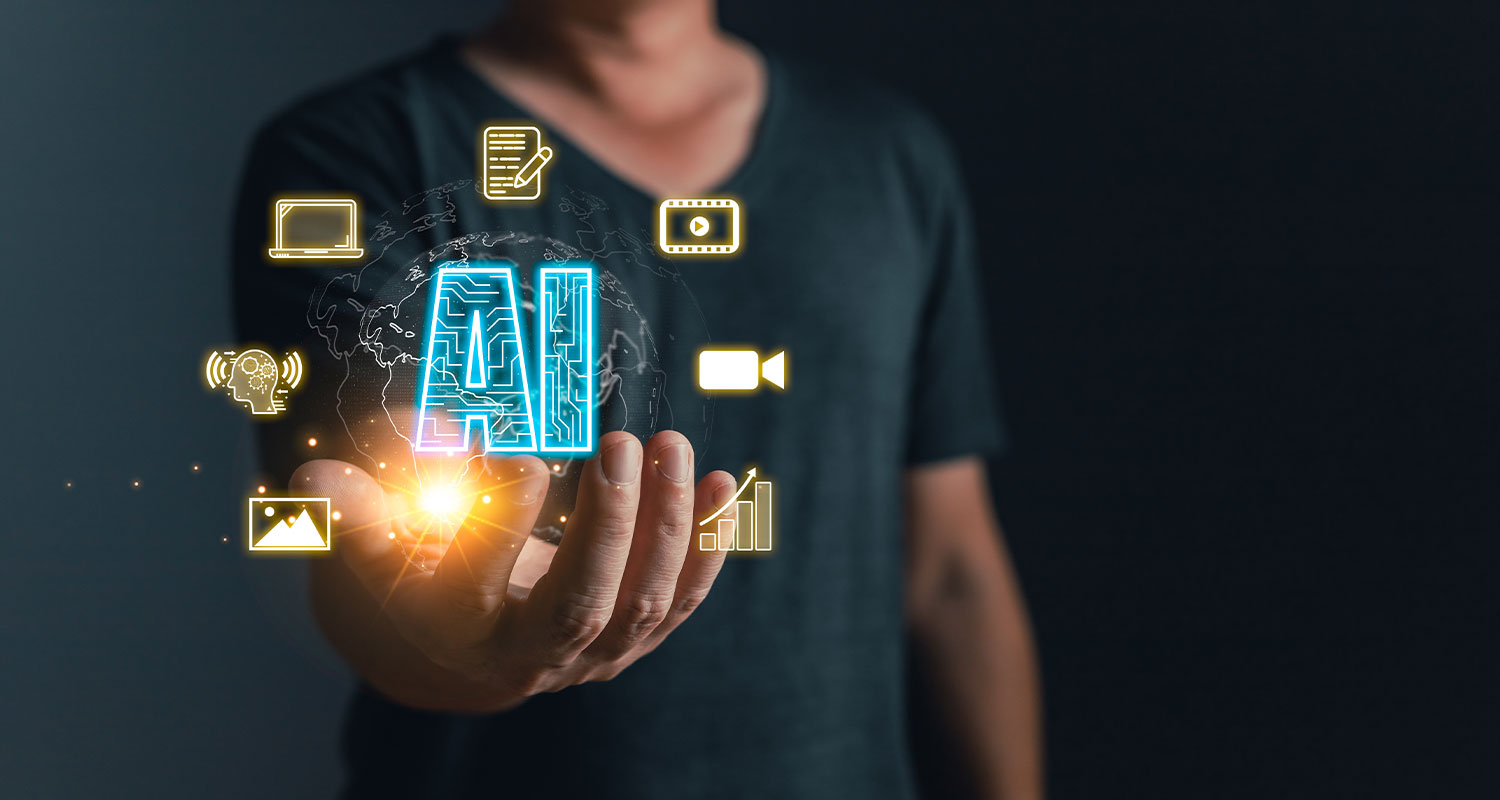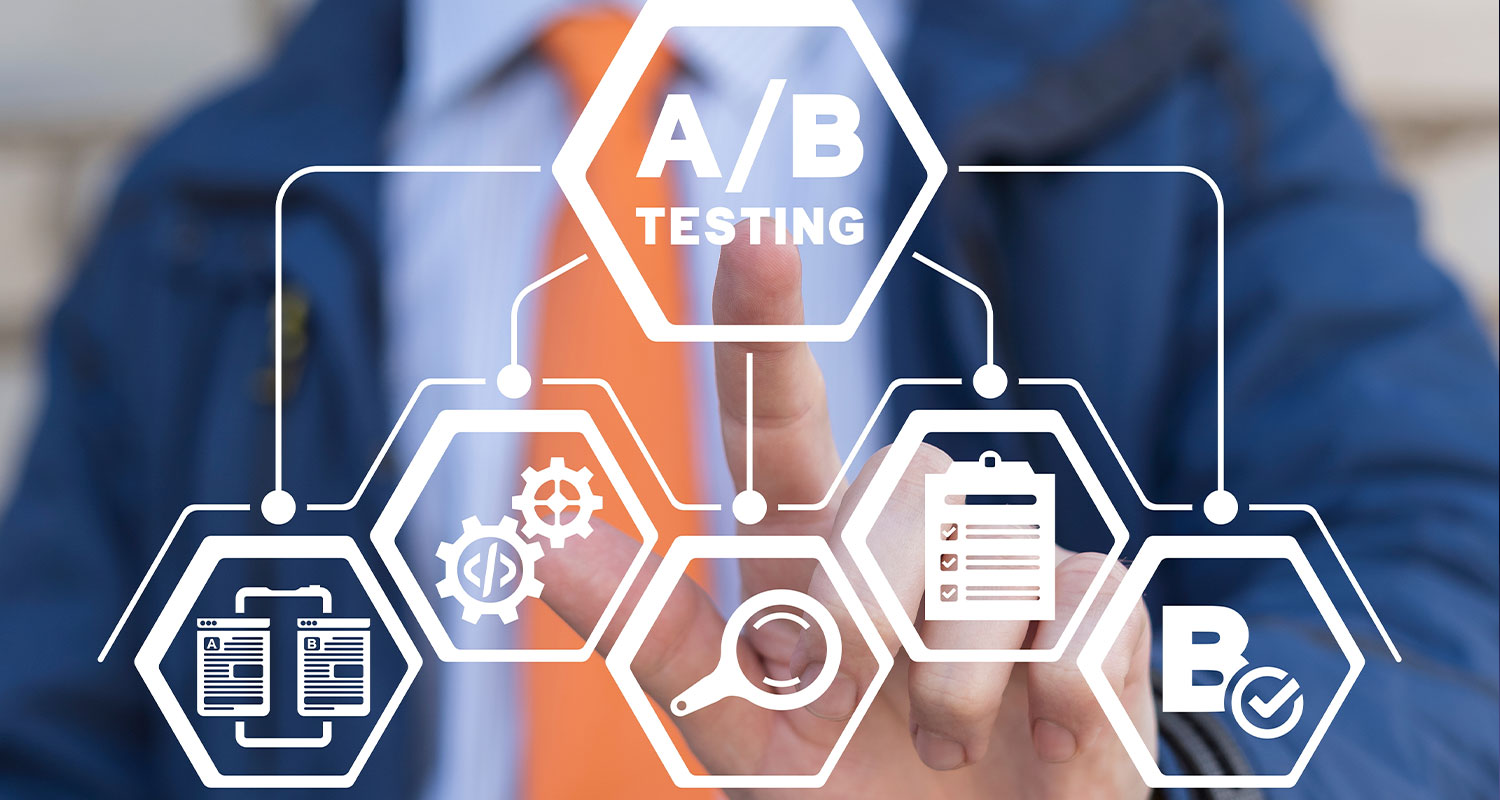

How AI is Changing the Future of Digital Marketing
Artificial intelligence (AI) has drastically transformed digital marketing. Most marketers believe that AI will transform how they develop and distribute content. However, some think it will affect how they target and personalize communications.
According to Adobe research, AI-powered programmatic advertising may boost conversion rates by 20% while increasing return on ad spend by 30%. As AI marketing technologies progress, they are anticipated to play an increasingly important role in digital marketing strategies, supporting businesses with campaign optimization and improving client understanding.
Top 10 ways AI is changing the future of Digital Marketing
1. Personalisation

Providing personalized customer experiences is now the key to staying ahead of the competition. However, it is not as simple as just using your first name in an email. Consumers want organizations to provide personalized experiences, and more than three-quarters (76%) are frustrated when this does not occur. To provide a customized experience, every physical and virtual touch point must be designed to address a specific individual. However, accomplishing this on a large scale can be tricky. That is why more than 9 in 10 (92%) organizations are considering AI for personalization: it links customers with what they genuinely want, resulting in countless new lanes to purchase, increased profitability, and rapid business growth.
2. Chatbots
If customers encounter problems or have questions while browsing your website, you will require a scalable method to assist them. Traditional chatbots were a partial solution but had several limitations because they could only deliver preprogrammed, rules-based responses. Fortunately, AI has begun to address many of the difficulties users have reported with chatbots. AI-powered chatbots can respond to client inquiries and recollect previous conversations, allowing them to mimic human speech and enhance the online experience.
These chatbots may handle customer support, make product recommendations, and help troubleshoot, resulting in a more efficient and personalized user experience. These chatbots, available 24 hours a day, also collect vital insights into consumer purchasing patterns and engagement behaviors, thereby increasing efficiency.
3. Content Creation
Whether you like it or not, content remains paramount. Brands require a steady stream of new, compelling content to catch attention, increase traffic, and nurture leads.

However, manual content development takes time and resources. Lean marketing teams struggle to meet the needs of feeding the content beast.
That is where artificial intelligence comes in an AI platform, which enables teams to:
- Create more fresh content faster than ever. No more waiting for the next creative breakthrough. AI speeds up content development, ensuring a continual stream of new content.
- Say goodbye to burnout. AI ensures that your material is always on-brand and high-quality, regardless of how much you require.
- Deliver personalized content that resonates with your target audience while maintaining efficiency.
- Repurpose content for various channels and formats. Quickly convert your content to multiple platforms and formats to maximize its reach.
4. Data Analytics
Artificial intelligence transforms how firms analyze data, using ways beyond standard statistical analysis. Traditional data analysis relies primarily on human supervision to generate hypotheses and evaluate data within specific boundaries. AI transforms this process using machine learning algorithms to detect patterns, trends, and anomalies without explicit human intervention. AI data analytics is designed to support, automate, and simplify each stage of the data analysis journey. AI tools can help with data collection (from multiple sources) and preparation (cleaning and organizing for analysis).
5. Ad Targeting

AI improves targeted advertising by analysing user data to display adverts that are most likely to be of interest to a specific individual. This increases the effectiveness of marketing campaigns and reduces waste by reaching the right audience with the correct message.
6. SEO
AI SEO employs artificial intelligence (AI) to improve your website's visibility in organic search results. AI tools for this can quickly analyze large amounts of data and make recommendations based on what they've learned. This implies that AI-powered solutions can accelerate time-consuming but vital SEO tasks. AI is transforming SEO methods by allowing marketers to evaluate massive amounts of data with unparalleled speed and accuracy. Machine learning algorithms can find patterns, trends, and correlations within data sets, providing significant insights into user behavior, search trends, and rival plans. This data-driven approach enables us to make informed judgments and modify our SEO strategy to meet changing search engine algorithms and customer preferences.
7. Automated A/B Testing

AI is revolutionizing SEO methods by allowing marketers to evaluate massive amounts of data with unparalleled speed and accuracy. Machine learning algorithms can find patterns, trends, and correlations within data sets, providing significant insights into user behavior, search trends, and rival plans. This data-driven approach enables us to make informed judgments and modify our SEO strategy to meet changing search engine algorithms and customer preferences. Automation improves the efficiency of A/B testing by decreasing the need for manual intervention. Automation speeds up the testing process, from audience segmentation to variation implementation and results analysis, allowing marketers to iterate and respond more quickly. This saves time and reduces the possibility of human error, resulting in more thorough testing.
8. Fraud Detection & Prevention
AI-based fraud detection uses various machine learning models to sift through big datasets, finding suspicious behaviors through pattern recognition and anomaly detection. As these algorithms continue to learn from new data, they improve their ability to predict and prevent fraudulent user behavior. This forceful strategy gives organizations a strong defense mechanism that ensures transaction integrity and security. AI-powered fraud detection algorithms use your transaction history to alert you to suspected fraud attempts proactively. Leading financial institutions are implementing AI-powered identity verification solutions to fight the growing threat of identity fraud and deepfakes.
9. Email Marketing Automation
Email automation is a valuable tool for communicating with potential clients since it helps you to send timely and tailored messages. Most email platforms include pre-built automated workflows that allow businesses to send a series of emails over a set period rather than simply one email. Email automation generates emails depending on specific triggers or events, such as subscribing to a newsletter or quitting a shopping cart.
10. Sentiment Analysis

AI has expanded the possibilities for sentiment analysis beyond its traditional uses. AI tools can assess emotions conveyed in substantial text inputs, such as customer reviews or feedback. These algorithms classify the sentiment as positive, neutral, or negative, providing valuable insight into customers' feelings. Traditional manual analysis of extensive text data is impractical and time-consuming. With its natural language processing capabilities, AI excels at quickly processing large volumes of text. It can help companies pinpoint areas for improvement within customer feedback. This information can later be used to assist and train chatbots to provide more human-like experiences.
Conclusion
AI is transforming marketing strategies and boosting business productivity.
- 61% of marketers rely on AI for data strategies.
- 80% of business and IT leaders see AI improving productivity.
- AI can increase corporate efficiency by 40%.
- 97% of mobile users use AI-powered voice assistants.
- 83% of early AI adopters report economic benefits.
Frequently Asked Questions
How is AI improving personalization in marketing?
AI analyzes customer data to create highly personalized experiences, boosting engagement and conversions.
What role do AI-powered chatbots play in digital marketing?
AI chatbots provide instant, 24/7 customer support, answer queries, and enhance user experience with human-like interactions.
How does AI help in content creation?
AI tools generate and optimize content, saving time while maintaining brand consistency and quality.
Can AI improve ad targeting?
Yes, AI analyzes user behavior to display highly relevant ads, improving conversion rates and reducing wasted ad spend.
How does AI enhance SEO?
AI-driven tools analyze search trends, user behavior, and competitor strategies to optimize content and improve search rankings.

